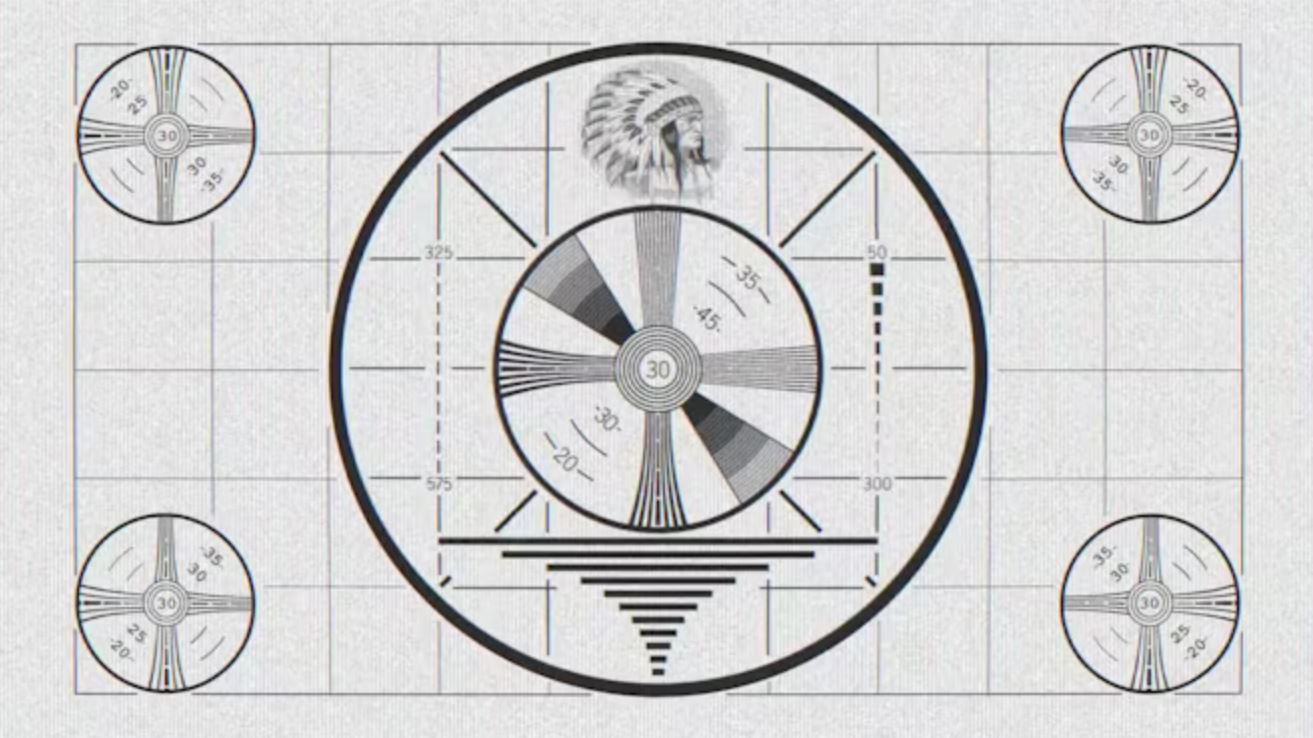EPA Proposes Rollback of ‘Hated’ Feature in New Cars
For those who have ever stopped at an intersection only for their car to fall silent and then jolt back to life moments later, relief may be on the horizon.
Some government rules are so pointless or counterproductive, the goal seems to be to punish us or keep us mildly irritated.






